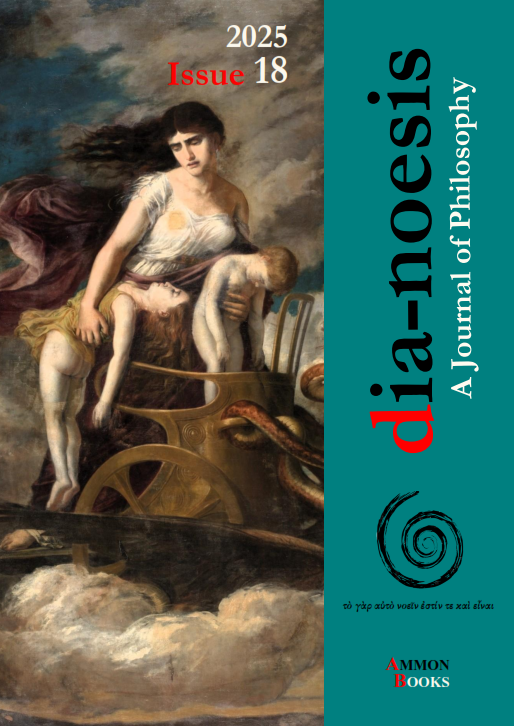From Colchis to Corinth: Mapping The Trauma of Exile in Euripides’ Medea

Abstract
Exilic trauma entails repercussions that trespass boundaries considering ontological positioning of different characters in literary landscape. Since bygone eras, individuals in writings have undergone numerous traumatized situations because of displacement from their native land. Tragedies, more so concerning Greek tragedies, often lead one to an introspective state as they weave a mire in lives of different characters making them subject to multiple interpretations. This paper critically attempts to problematize anguish and trauma resulting from exile as seen in one of the ever-lasting Athenian classics, Euripides’ “Medea.” It explicates Medea’s character in the play, making a critical explication of her status as an outsider living in exile. Following Cathy Caruth, the paper hinges on the idea of “traumatic un-representability” to postulate that Medea’s trauma could not exactly be depicted at point of occurrence. The paper employs a qualitative methodology, in that, it makes a critical analysis of Medea’s character to comprehend her precarious position, first as a female in then Greece, and secondly, as an exile in the narrative.
Article Details
- How to Cite
-
Sharma, S. (2025). From Colchis to Corinth: : Mapping The Trauma of Exile in Euripides’ Medea. Dia-Noesis: A Journal of Philosophy, 18(2), 387–400. https://doi.org/10.12681/dia.43469
- Section
- Articles


